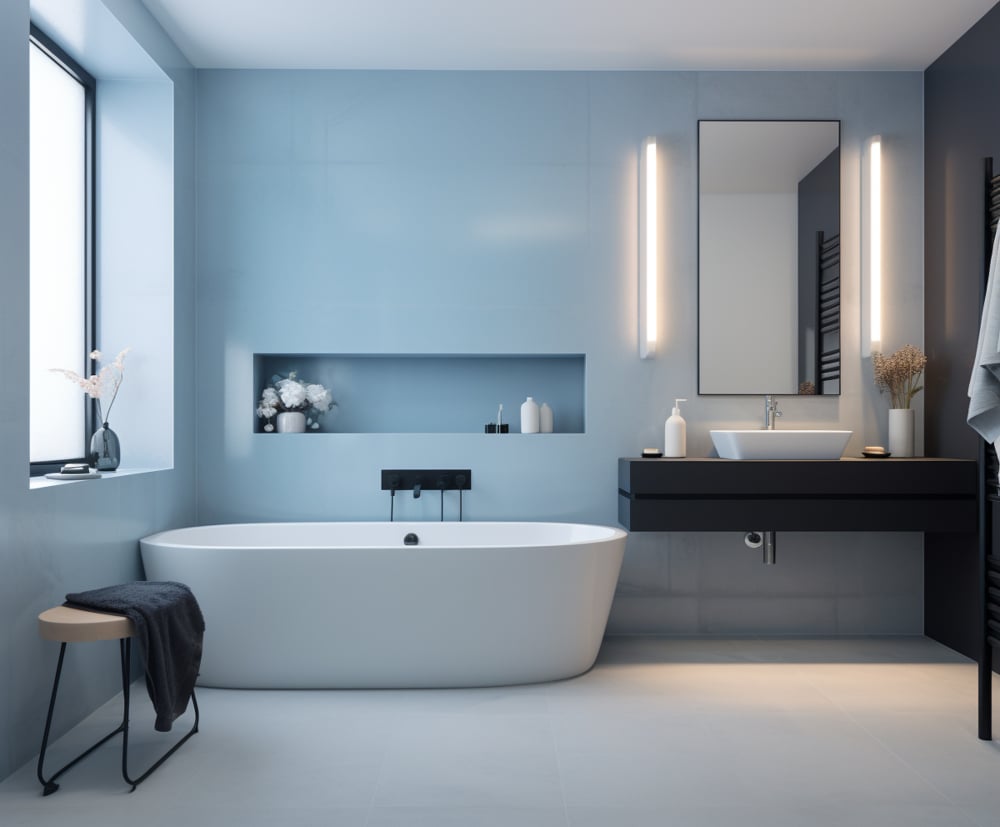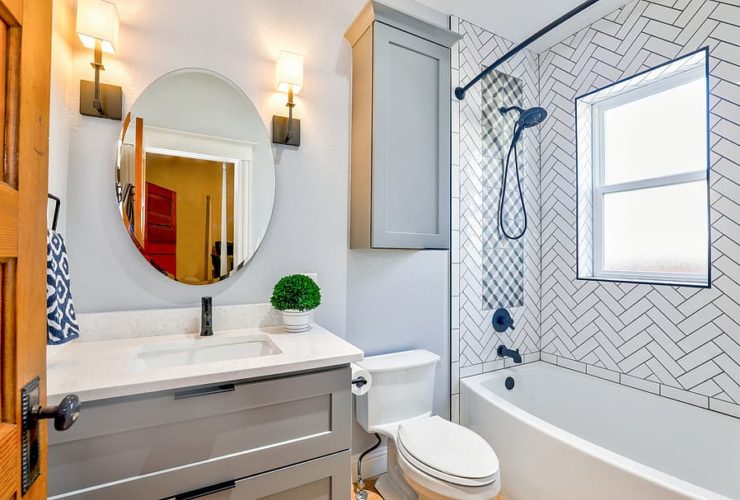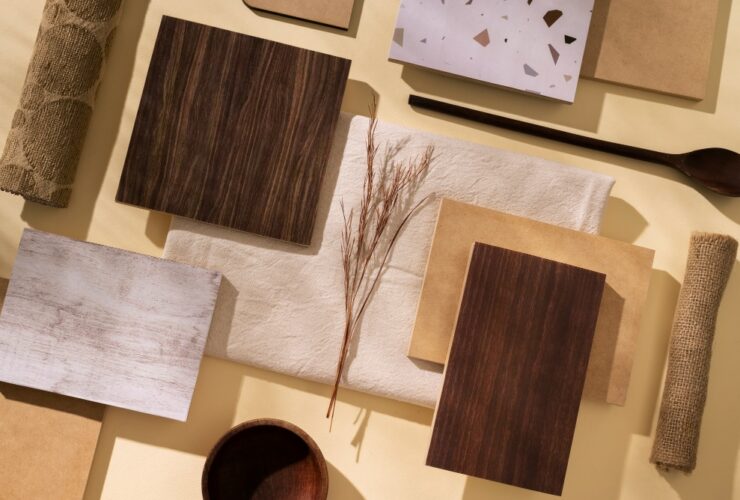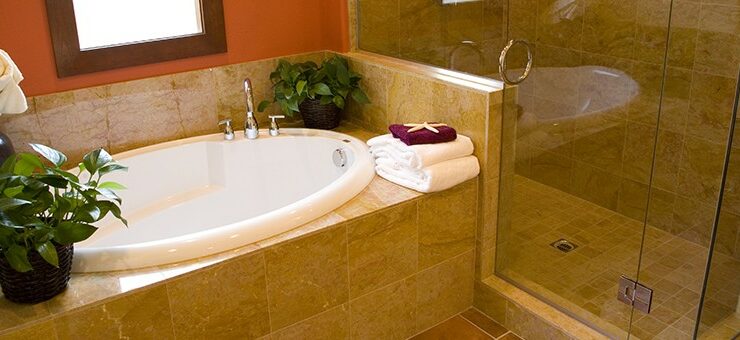Before you dive headfirst into your bathroom renovation project, it’s essential to arm yourself with knowledge about common bathroom vanity mistakes. These pitfalls can turn your dream bathroom into a nightmare if you’re not careful. Don’t sweat it though, because with our comprehensive guide, you’ll learn how to avoid these blunders and create a space that’s both beautiful and practical. So, grab a cup of coffee, settle in, and let’s explore the dos and don’ts of choosing the perfect bathroom vanity.
Avoiding Bathroom Vanity Mistakes
Choosing the Right Size
Imagine walking into your bathroom and feeling like you’re in a crowded subway car during rush hour. Not exactly the serene retreat you envisioned, right? Choosing the wrong size vanity can leave your bathroom feeling cramped and chaotic. But fear not! We’re here to guide you through the process of selecting a vanity that’s just right for your space.
The first step in choosing the right size vanity is to measure your bathroom dimensions accurately. Grab a tape measure and note down the length, width, and height of your bathroom. Pay close attention to door openings, existing fixtures such as toilets and bathtubs, and any necessary clearance for foot traffic. These measurements will serve as your roadmap to finding a vanity that fits your space like a glove.
Next, consider how much countertop space and storage you need. Are you someone who likes to spread out your skincare products and makeup, or do you prefer a minimalist approach? Do you have a large family with lots of toiletries to store, or are you flying solo? By assessing your needs upfront, you’ll avoid the common mistake of choosing a vanity that’s either too big or too small for your space.
Remember, the ideal vanity strikes a balance between practicality and aesthetics. It should provide enough countertop space for your daily essentials without overwhelming the room. Likewise, it should offer adequate storage solutions to keep your bathroom organized and clutter-free. So, before you rush out to buy the biggest vanity you can find, take a moment to assess your needs and choose a size that’s just right for your bathroom.
Overlooking Storage Needs
Picture this: You’re getting ready for work in the morning, and you reach for your favorite face cream, only to realize it’s buried under a mountain of clutter on your bathroom countertop. Sound familiar? Don’t let inadequate storage space ruin your morning routine. Our guide will show you how to assess your storage needs and choose a vanity that keeps your essentials organized and within reach.
Start by taking inventory of your bathroom essentials. From skincare products and hair tools to towels and cleaning supplies, make a list of everything you need to store in your vanity. Next, consider how you like to organize your belongings. Do you prefer drawers for easy access to smaller items, or do you need shelves for storing bulky items like towels and toilet paper?
Once you’ve assessed your storage needs, it’s time to choose a vanity that meets them. Look for vanities with a variety of storage options, including drawers, cabinets, and shelves of different sizes. Adjustable shelves are a plus, as they allow you to customize your storage solutions to suit your needs. By choosing a vanity with ample storage space, you’ll keep your bathroom organized and clutter-free, making your daily routine a breeze.
Poor Material Choice
Choosing the wrong materials for your bathroom vanity is like building a house on a shaky foundation – it’s bound to end in disaster. But fear not! Our guide will help you navigate the world of vanity materials and choose one that’s both beautiful and durable.
The first consideration when choosing vanity materials is moisture resistance. The bathroom is a humid environment, so it’s essential to choose materials that can withstand moisture without warping or deteriorating. Look for materials like moisture-resistant wood, engineered stone, or quartz, which are designed to hold up well in high-humidity environments.
Next, consider durability. Your vanity will see a lot of wear and tear over the years, so it’s important to choose materials that can stand up to daily use. Avoid materials that are prone to scratching, staining, or chipping, as these can detract from the beauty of your vanity and shorten its lifespan.
Finally, consider aesthetics. Your vanity is a focal point of your bathroom, so it’s important to choose materials that complement your overall design aesthetic. Whether you prefer the warmth of wood, the sleekness of metal, or the timeless elegance of marble, there’s a material out there that’s perfect for you.
By choosing the right materials for your vanity, you’ll ensure that it not only looks beautiful but also stands the test of time. So, before you make a decision, take the time to research your options and choose materials that meet your needs and reflect your personal style.
Ignoring Plumbing Placement
Plumbing may not be the most glamorous aspect of bathroom design, but it’s certainly one of the most important. Ignoring plumbing placement when choosing your vanity can lead to costly mistakes and headaches down the road. Our guide will show you why it’s crucial to consider existing plumbing before making your selection.
The first step in considering plumbing placement is to identify the location of your existing plumbing lines. Are they located in the floor or the wall? This will dictate the type of vanity you can install. If your plumbing lines are located in the floor, you’ll need a vanity with a toe kick to accommodate them. If they’re located in the wall, you’ll need a vanity with a cutout in the back to allow for proper installation.
Once you’ve identified the location of your plumbing lines, it’s time to choose a vanity that works with them. Look for vanities with pre-drilled holes for easy installation of faucets and drains. If you’re installing a vanity with a countertop sink, make sure the plumbing lines are compatible with the sink’s configuration.
By considering plumbing placement upfront, you’ll avoid costly modifications and ensure a smooth installation process. So, before you make a decision, take the time to assess your plumbing needs and choose a vanity that works with them.
Disregarding Style and Aesthetics
Your bathroom vanity is more than just a functional piece of furniture – it’s a statement piece that sets the tone for your entire bathroom. But choosing a vanity that clashes with your bathroom’s aesthetic can throw off the entire vibe. Let us help you navigate the world of vanity styles and finishes, ensuring your vanity complements your bathroom’s design!
For ongoing inspiration, expert advice, and to connect with a community of fellow renovators, be sure to follow us on Instagram. Let’s continue this journey together, transforming our bathrooms from drab to fab, one thoughtful choice at a time. See you there!”
Frequently Asked Questions
Q: Can I install a double sink vanity in a small bathroom?
A: Yes, you can install a double sink vanity in a small bathroom, but it’s crucial to choose a compact design that fits the space without restricting movement. Consider your actual needs and the layout of your bathroom to ensure it enhances functionality without overcrowding.
Q: How do I protect my bathroom vanity from water damage?
A: To protect your vanity from water damage, ensure it’s made of moisture-resistant materials and apply a waterproof sealant to wood surfaces. Also, keep the area well-ventilated and wipe up any spills promptly to prevent water from seeping into the vanity.
Q: Are floating vanities a good choice for small bathrooms?
A: Floating vanities can be a great choice for small bathrooms as they help create the illusion of more space by freeing up floor area. They also make cleaning easier and can be installed at various heights to suit your needs.
Q: How do I choose the right vanity color for my bathroom?
A: Choose a vanity color that complements the overall color scheme of your bathroom. Consider neutral colors for a timeless look or bold colors for a statement piece. Ensure the color matches or enhances the room’s aesthetic and contributes to the desired atmosphere.
Q: What’s the best countertop material for a bathroom vanity?
A: The best countertop materials for a bathroom vanity include quartz, granite, marble, and solid surface. These materials are durable, resistant to moisture and stains, and available in a wide range of colors and patterns to suit any bathroom design.




